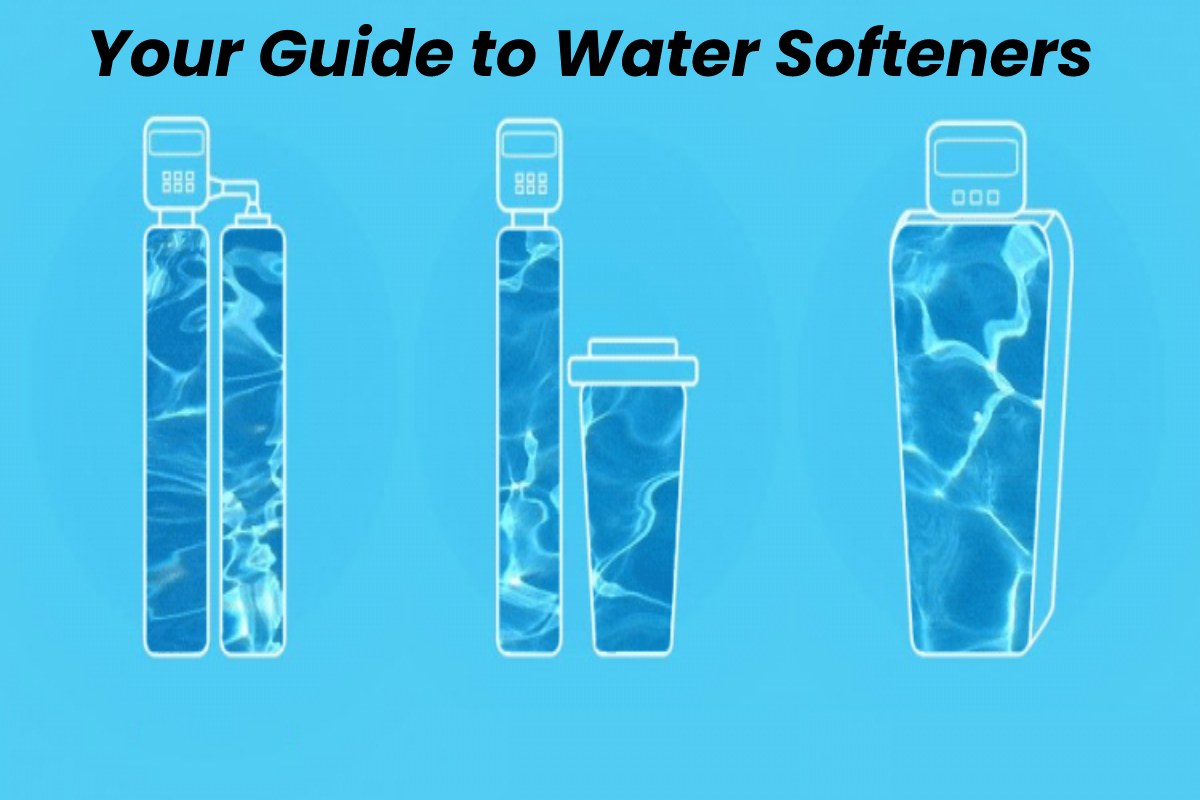Water Softeners – When it comes to home improvements that make a real impact on your life and health, you’ve probably heard water softeners touted as one of the most underrated improvements out there. A water softener system treats your water to remove minerals such as calcium and magnesium that make your water “hard”. This has many benefits for your home, everyday life, and health. Water softeners are often used in industrial and business settings, but they aren’t often built into homes when they’re first constructed and sold. Here is your guide to water softeners – what they are, some of their benefits, and how to find the water softener that is right for your home.
Table of Contents
Hard vs Soft Water
You’ve probably heard the terms hard and soft water, but you may not know the details of what that actually means. Hard and soft water are defined by the presence or absence of a variety of minerals, most prominently calcium and magnesium. If your water has more than a certain amount of these minerals, it is considered hard water. If your water is below that threshold, it is considered soft water. Hard and soft water isn’t an either-or scenario – there’s a sliding scale of hardness and softness – but generally speaking hard water causes a variety of problems for your home and health while soft water does not. You can test your water’s hardness by availaing home water testing services.
Why You Need Soft Water
Soft water provides a number of benefits in your everyday life, and when you see what they are you’ll immediately understand why getting a water softener considere a good investment. For one thing, soft water tastes better than hard water, helping hydration and reducing the urge to buy expensive bottled water. Soft water also allows for better hygiene. The minerals present in hard water react with body wash and shampoo, causing them to leave a soapy residue on your skin and hair every time you bathe or shower. With soft water, your soap works as it should, reducing acne and leading to healthier skin and hair. Soft water also improves the lifespan of your appliances and plumbing. Hard water causes scale buildup in all the pipes it goes through, leading to decreased flow and clogged pipes in your plumbing and appliances. Soft water decreases or totally eliminates this issue.
Finding the Right Water Softener
There are a wide variety of water softeners on the market, so make sure to do your research before committing to buying a water softener. There are two general types of water softeners – electric and non-electric. Electric water softeners offer more tracking features and allow you more control. On the other hand, they aren’t efficient enough to run 24/7, so they will sometimes be less effective than non-electric water softeners. Non-electric water softeners give you less control and tracking, but they will generally last longer and are capable of running 24/7. You will definitely want to get a salt water softener. Non-salt water softeners are dramatically less effective, and the amount of salt added to the water is less than a quarter teaspoon per gallon of water.
Water Softener Maintenance
So how long do water softeners last and what kind of maintenance is required to get the most out of your water softener? If you purchase a quality water softener, the general lifetime is at least 15-20 years. With some high end non-electric softeners lasting up to 30 years. This is only with proper maintenance, however. The most important maintenance to perform is replenishing the salt in your water softener, since running a water softener without salt in it can damage the system and dramatically reduce its lifespan.
Depending on your system, water hardness, and the amount of water used, you will need to replenish the salt anywhere from every few months to once or twice per year. This is where the tracking features of electric models can come in handy. In addition, you should schedule regular system checkups once per year to check for worn down parts and dirty water filters.

